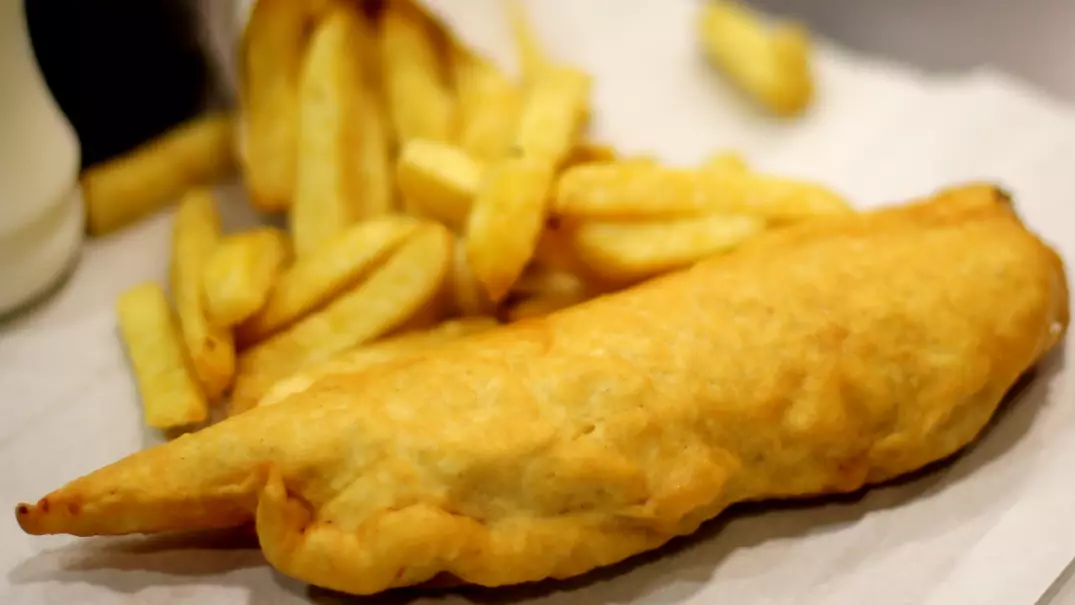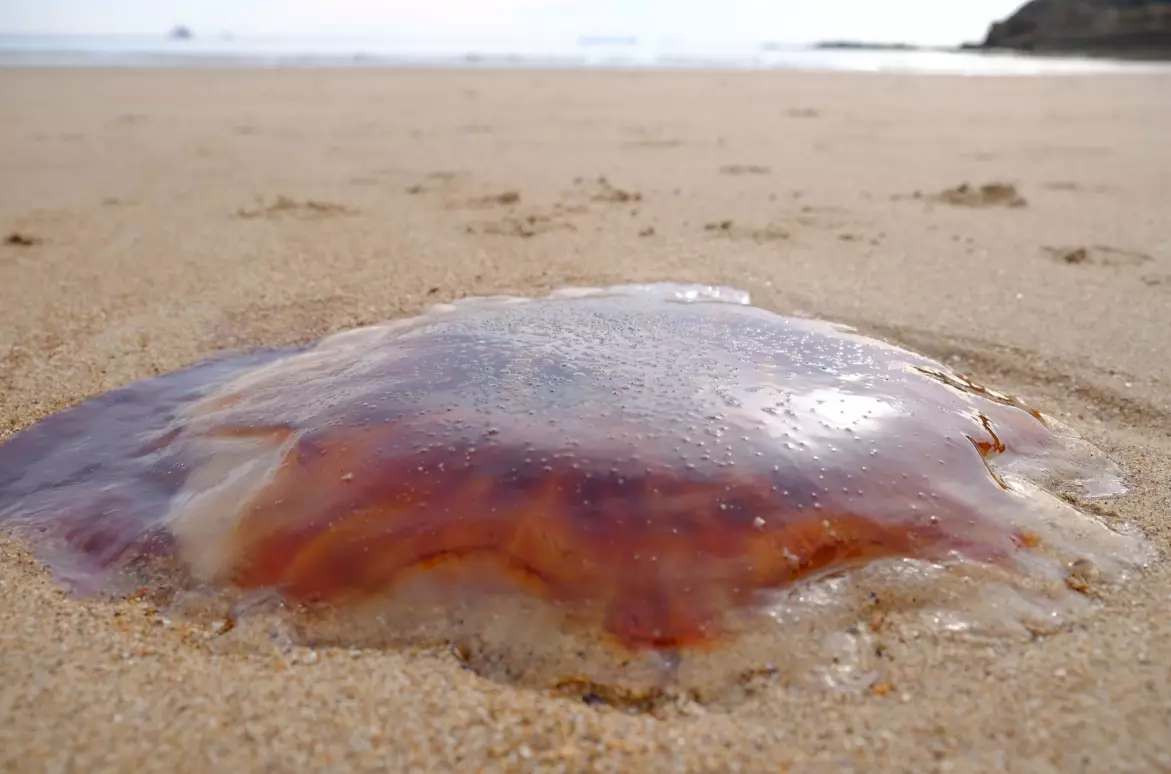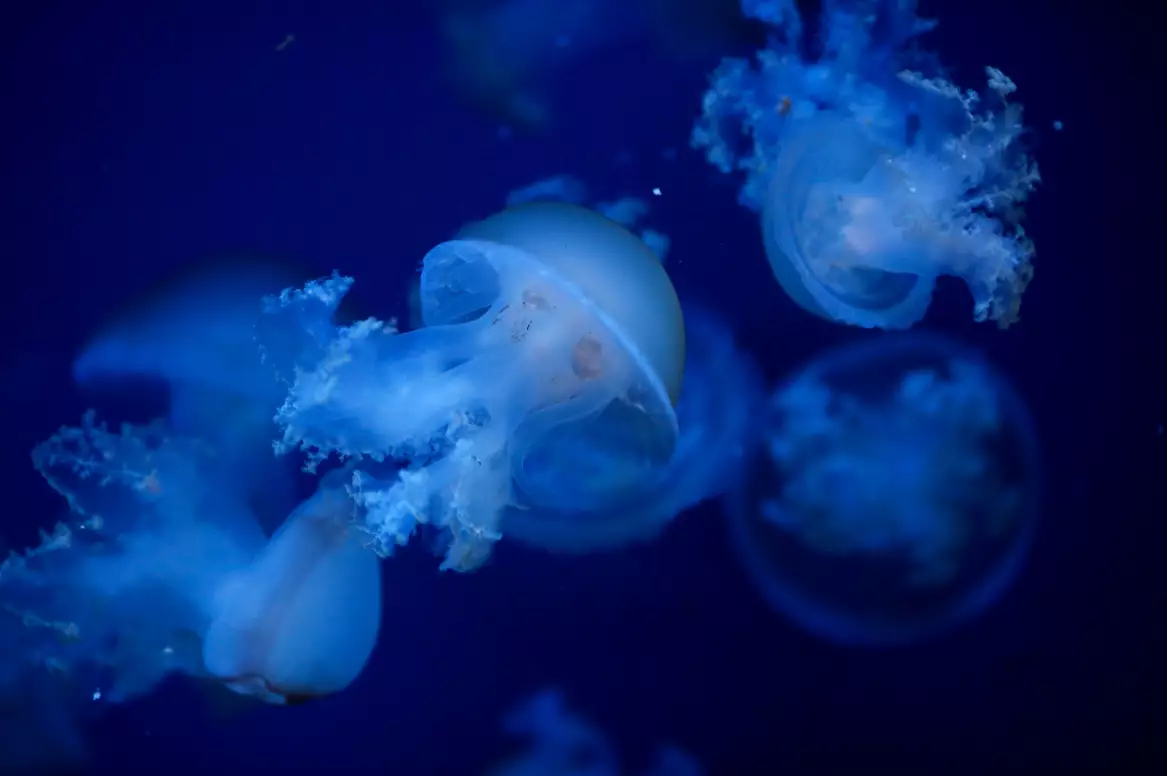
Jellyfish could end up replacing old favourites on menus at fish and chip shops, according to new research.
Academics from the University of Queensland in Australia conducted a new story into fishing records across the world, finding that 92 endangered species of seafood and 11 species classed as critically endangered were being caught and served in meals worldwide.
Six of the ten countries with the highest volume of threatened fish in their catches were European - with Germany, the UK and Spain along with the US being among the top importers of threatened species by volume and value.
Advert
UK regulations only require fresh, chilled and live fish to be labelled with its scientific and commercial name, while cooked fish products like battered fillets don't.

Leslie Roberson, a PhD student at the university's Centre for Biodiversity and Conservation Science, said this may mean species on the brink of extinction could be being legally caught to be served in restaurants, suggesting some seafood may not be 'as sustainable as consumers would like to think'.
Roberson explained: "This could mean that the 'fish', 'flake' or 'cod' that Australians typically order at the fish and chip shop could be critically endangered."
Advert
The researchers stated that jellyfish could be used as a sustainable alternative in the future to help protect endangered species.
The team said: "Jellyfish could replace fish and chips on a new sustainable takeaway menu to help keep threatened species off the plate."

Roberson continued: "The seafood industry is difficult to manage from a conservation perspective because it has supply chains that span multiple international waters, without a governing body.
Advert
"A typical situation might look something like a fishing boat operating in Australian waters, owned by a Chinese company, with a crew of fishermen from the Philippines."
She explained how one part of the fish might get processed in China, while the other can go to Europe.
Roberson said: "We don't know what we're eating, it's really hard to trace seafood back to its origin and species because the industry is such a mess."

Dr Carissa Klein, a senior research fellow at the University of Queensland, is set to start further research on seafood consumption, focusing specifically on Australia and ways to make the industry more sustainable.
Advert
She said: "We would never consider eating mountain gorillas or elephants, both of which are endangered.
"It should be illegal to eat something that is threatened by extinction, especially species that are critically endangered - if we can better coordinate fisheries and conservation policies, we can prevent it from happening.
"When importing seafood from other places, we are displacing any social or environmental problems associated with fishing to that place, which is likely to have less capacity to sustainably manage its ocean."
Featured Image Credit: PATopics: Food, World News, News, Australia